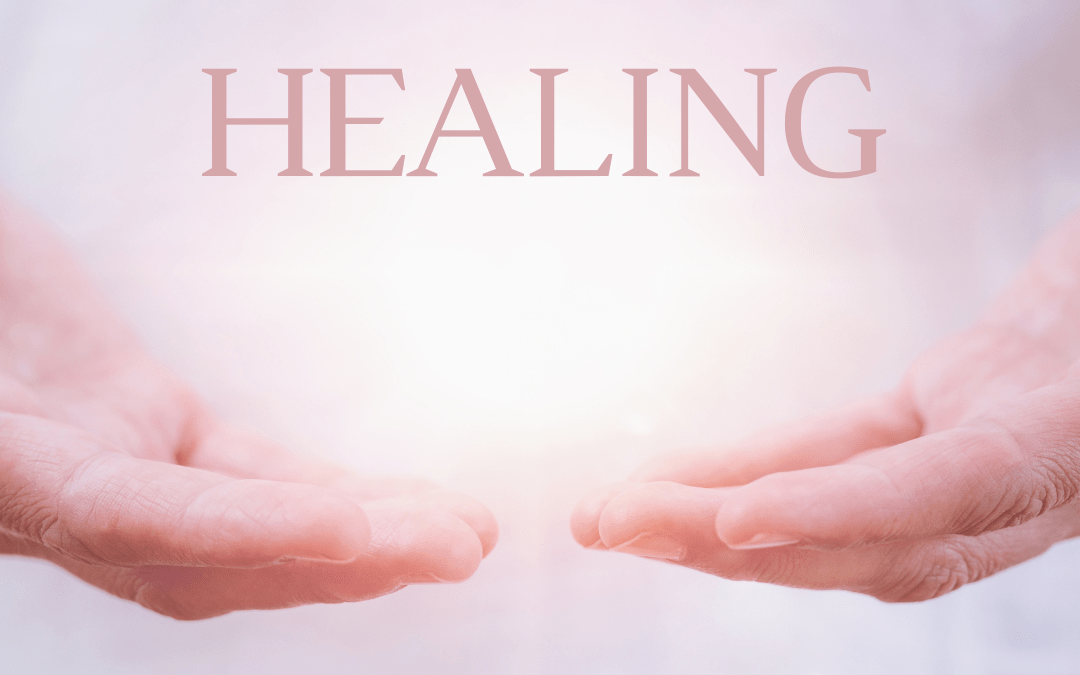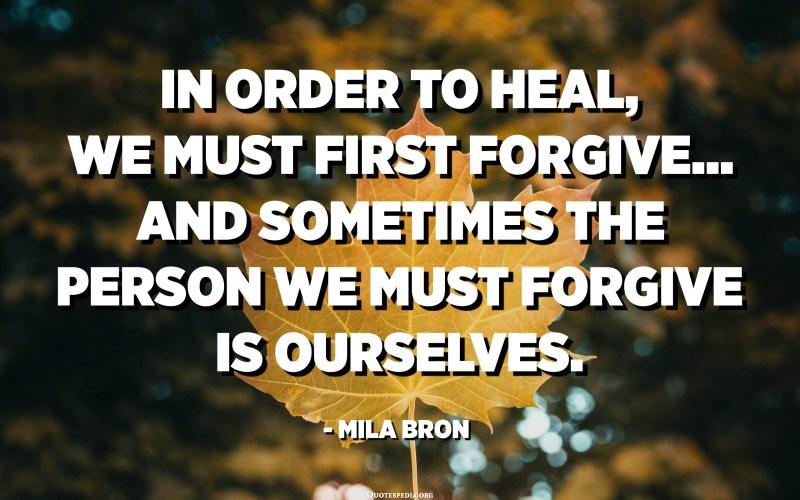After losing my son Eric, my greatest challenge was to overcome the question of “what could I have done differently”. These feelings would plummet me into endless cycles of guilt, regret, and self-blame. At EricsHouse, we use the analogy of a coin – love on one side, grief on the other. We would never give up some of our grief if it meant that we would have to forfeit some of our love. So, I have learned to allow myself to befriend my grief, giving myself permission to learn and grow with it, allowing my experiences of loss to become part of me in a healthy way.
The experience of guilt that many face after losing our loved one offers the same opportunity – to understand our guilt so that we can set our intention to heal. We are human, and that means that we face a myriad of emotions including guilt, regret, and self-blame. These feelings are normal and natural, and in fact, can lead to a greater awareness of ourselves. That is the good news. When we can confront our feelings, we guide ourselves toward greater understanding and wisdom. These feelings are meant to be experienced so they can be worked through because we cannot live within them forever.
Let’s look at some definitions:
Guilt is intentionally acting against our own values. This is the feeling that we knowingly did something to harm our loved one or to cause their death.
Regret is a self-focused emotion about something we did or did not do. “Hindsight is 20/20”. We’ve all heard that phrase. This is believing that you could have changed the outcome. However, staying with these feelings for too long can lead to devastating emotional pain.
Closely related to guild and regret is self-blame, perhaps the hardest part of dealing with suicide. It is the blame we place upon ourselves for our loved one’s passing. It is natural to want to blame someone, and it is easiest to blame ourselves. When someone dies by suicide, it is never one person’s fault. Instead, the blame belongs to the natural causes that created the potential for suicide.
So, what do we do with all of this? Dealing with these complicated emotions is not easy, but by accepting them as normal and natural, we can work toward self-forgiveness. Here are some thoughts.
- Accept that some things are beyond your control. While we have control over many things in life, we can’t control everything—including the decisions of our loved ones. Is the blame you’re assuming for your loved one’s death justified? With honest reflection, could you have prevented them from ending their life?
- Separate responsibility from blame. Placing blame is common —whether the blame is directed at yourself, your loved one, another person, or even God. The blame lies only with the pain, depression, addition, or mental health challenges that your loved one was experiencing.
- Understand that anyone can miss the warning signs. People who are suicidal don’t always show signs. Many people experience profound peace once they’ve settled on a plan to end their life. We can never truly know why they left any more than we could have predicted that their end of life was coming.
How can we forgive ourselves?
Dr. Stacey Freedenthal is a Denver-based educator, psychotherapist, suicidologist, consultant, writer, and author of the book “Loving Someone with Suicidal Thoughts”. She writes in an article entitled ““If Only”: Self-Blame After a Loved One’s Suicide published on May 7, 2014 on her website www.speakingofsuicide.com.
“Feelings of self-blame can distract you from grieving and, in the process, from healing. Think of self-blame as an itchy blanket thrown over your grief. When you focus on the blanket, you do not see or feel the naked grief that lies beneath.”
Remember that you have suffered a loss with a very traumatic aftermath. You can have compassion for yourself. While you cannot turn back time and ask the universe for a “do-over”, you can set your intention to heal. You can find peace and solace by reassuring yourself that you had little control over a fatal decision, and trust the process of grieving and mourning your loss, knowing in your heart that you will survive.
This is the way that I think about the loss of my son. It has helped me work through and survive the darkest of days. I hope this gives you some comfort.




Recent Comments